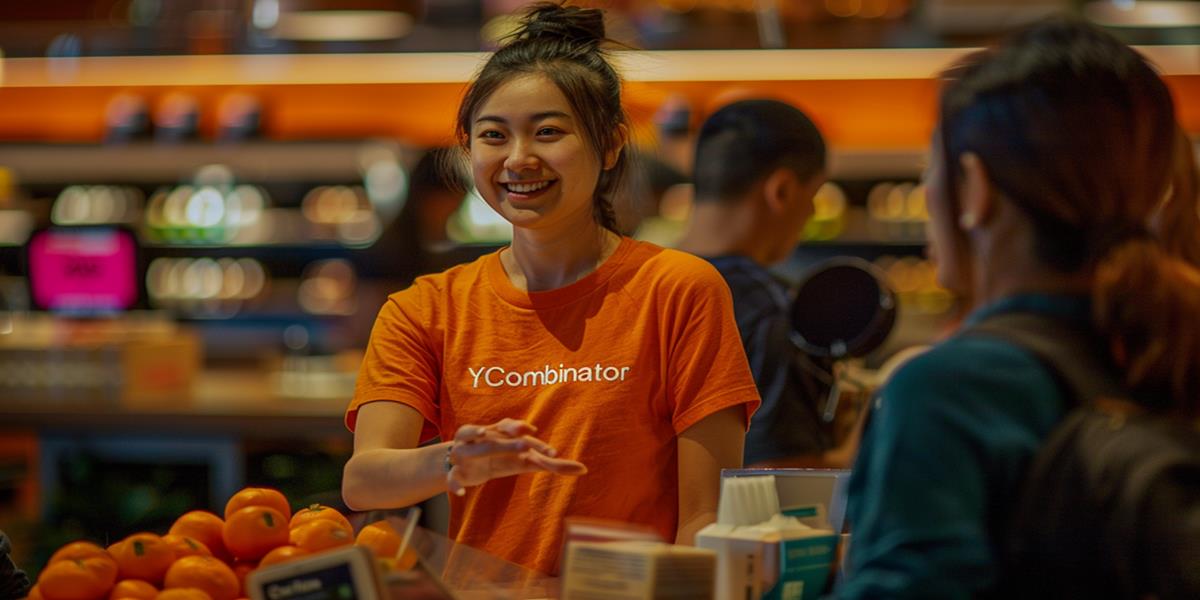Part of the series:
Y Combinator: 40 Questions and 40 Answers
Y Combinator: 40 Questions and 40 Answers
1. Why Y Combinator Asks This Question
This question helps Y Combinator evaluate whether the start-up has a realistic and strategic understanding of market entry.The ideal first customer is someone who can catalyze growth through word-of-mouth, case studies, and testimonials.
They are typically early adopters who are influential within their networks and whose endorsement can drive credibility and attract additional customers.
2. How to Answer the Question
In your response, describe the characteristics that make someone an ideal first customer for your start-up. This includes specific needs or pain points that your product directly addresses, a willingness to try new solutions, and the capacity to provide constructive feedback.Explain why this customer is well-positioned to benefit from and advocate for your product. You can back up your choice with data from market research, early testing, or interactions with potential users.
For example, if your start-up is offering an innovative project management tool, the ideal first customer might be small to medium-sized tech companies that are scaling rapidly and need to manage increasing complexity without adding excessive overhead.
3. How NOT to Answer the Question
Avoid defining an ideal first customer who is too general or broad. It’s important to be specific and focused, rather than simply describing a large demographic that could potentially benefit from your product.Describe an ideal customer who is unlikely to be reachable or influential, as this could undermine your go-to-market strategy.
4. An Example, Based on a Tech Start-up
Let’s take a hypothetical tech start-up, EcoPack Solutions, that produces biodegradable packaging materials for the food industry. Here’s how they might define their ideal first customer:- Customer Profile: “Our ideal first customer is a mid-sized organic food company that specializes in online sales and is actively looking to enhance their brand’s commitment to sustainability. These companies are typically located in urban areas where environmental regulations and consumer demand push businesses towards greener alternatives.”
- Reason for Selection: “This customer segment is already environmentally conscious and understands the value of investing in sustainable packaging. Their feedback can help us refine our product and their brand loyalty from eco-conscious consumers can lead to strong initial sales and valuable referrals.”
Y Combinator prompts founders to identify who will first embrace their product, looking for early customers who are not just users, but advocates and accelerators of growth.


